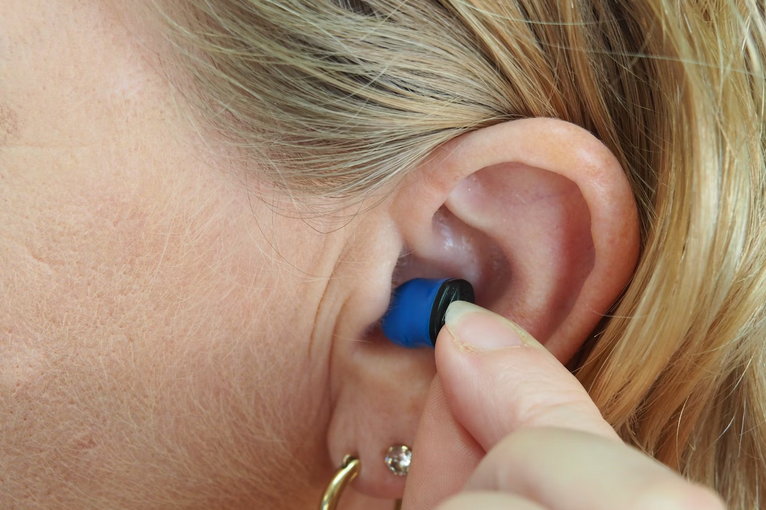For many students, going through the phase of being a college student may not be the easiest experience ever, especially when it comes to communication barriers and accessing resources. In fact, every deaf college student needs to have certain strategies in order to thrive.
That’s why we’ve gathered some valuable tips and insights to help you make the most out of your time in higher education. Whether you’re a student who is deaf or know someone who is, these strategies will empower you to thrive academically.
Build a Strong Support Network
Surrounding yourself with understanding and supportive individuals can make all the difference in your academic journey. So, it’s always a good idea to connect with your peers who are also deaf or hard of hearing. They understand the unique challenges you face and can offer valuable advice and support. Or, you can join clubs or organizations that focus on inclusivity and advocate for accessibility on campus.
These groups not only provide a sense of belonging but also serve as platforms to voice concerns and effect change. Don’t underestimate the power of professors who love going the extra mile to accommodate your needs. Establish open lines of communication with them early on so they understand how best to assist you in achieving academic success.
Leverage Technology to Bridge Communication Gaps

Technology has revolutionized the way we communicate, and for deaf college students, it can be a powerful tool to bridge communication gaps. One of the most significant advancements in this area is assistive listening devices (ALDs). ALDs, such as FM systems or loop systems, transmit sound right into hearing aids or cochlear implants, making it easier for students to participate in lectures and discussions.
Another helpful technology is speech-to-text software. By using real-time captioning services like CART (Communication Access Real-Time Translation), deaf students can have access to live transcriptions of lectures on their laptops or tablets. This ensures that they don’t miss out on important information while simultaneously taking notes.
Make the Most Out of Campus Resources
College campuses are bustling with resources that can greatly benefit deaf students. It’d be such a waste if you don’t take advantage of these offerings to excel academically and fully immerse yourself in campus life. So try connecting with your college’s disability services office. They’re there to provide support tailored specifically for students with disabilities, including those who are deaf or hard of hearing.
This office can help arrange accommodations such as note-taking services, sign language interpreters, or captioning for videos or lectures. Additionally, many colleges offer tutoring centers where you can seek academic assistance. These centers often have tutors who specialize in a variety of subjects and can provide one-on-one support tailored to your needs.
Hone Strong Advocacy and Self-Awareness Skills
Advocacy involves speaking up for oneself and actively seeking accommodations that support learning. Deaf college students should familiarize themselves with the rights afforded to them under disability laws such as the Americans with Disabilities Act (ADA). Additionally, understanding one’s individual communication needs is essential in advocating for appropriate support services, such as sign language interpreters or captioned materials.
Self-awareness plays a crucial role in determining how best to approach academic challenges. Deaf college students should identify their strengths and weaknesses, allowing them to strategize accordingly. This may involve utilizing assistive technology or seeking additional guidance from professors or tutors.
Being a deaf college student comes with its own unique set of challenges. However, by implementing the right strategies and utilizing available resources, it is possible to excel academically. Remember, every individual’s journey is different, so find what works best for you personally.

